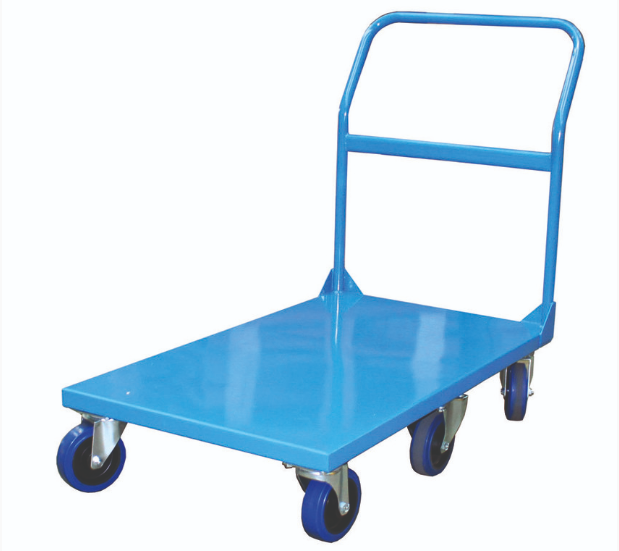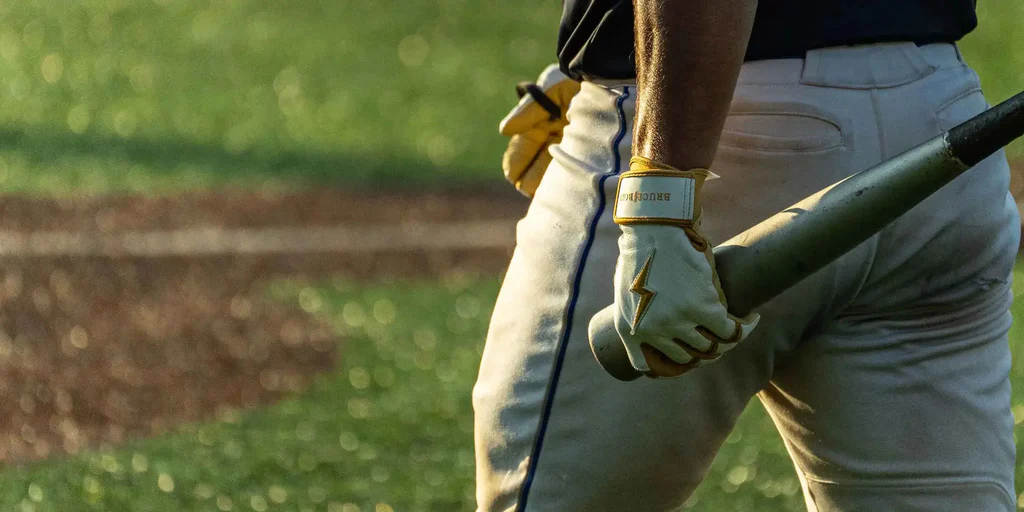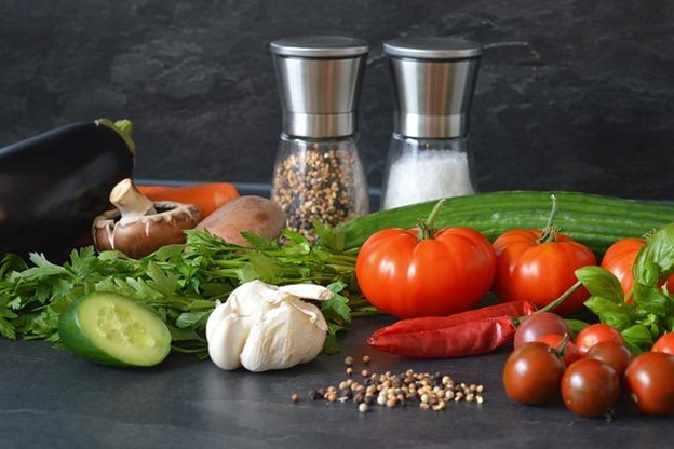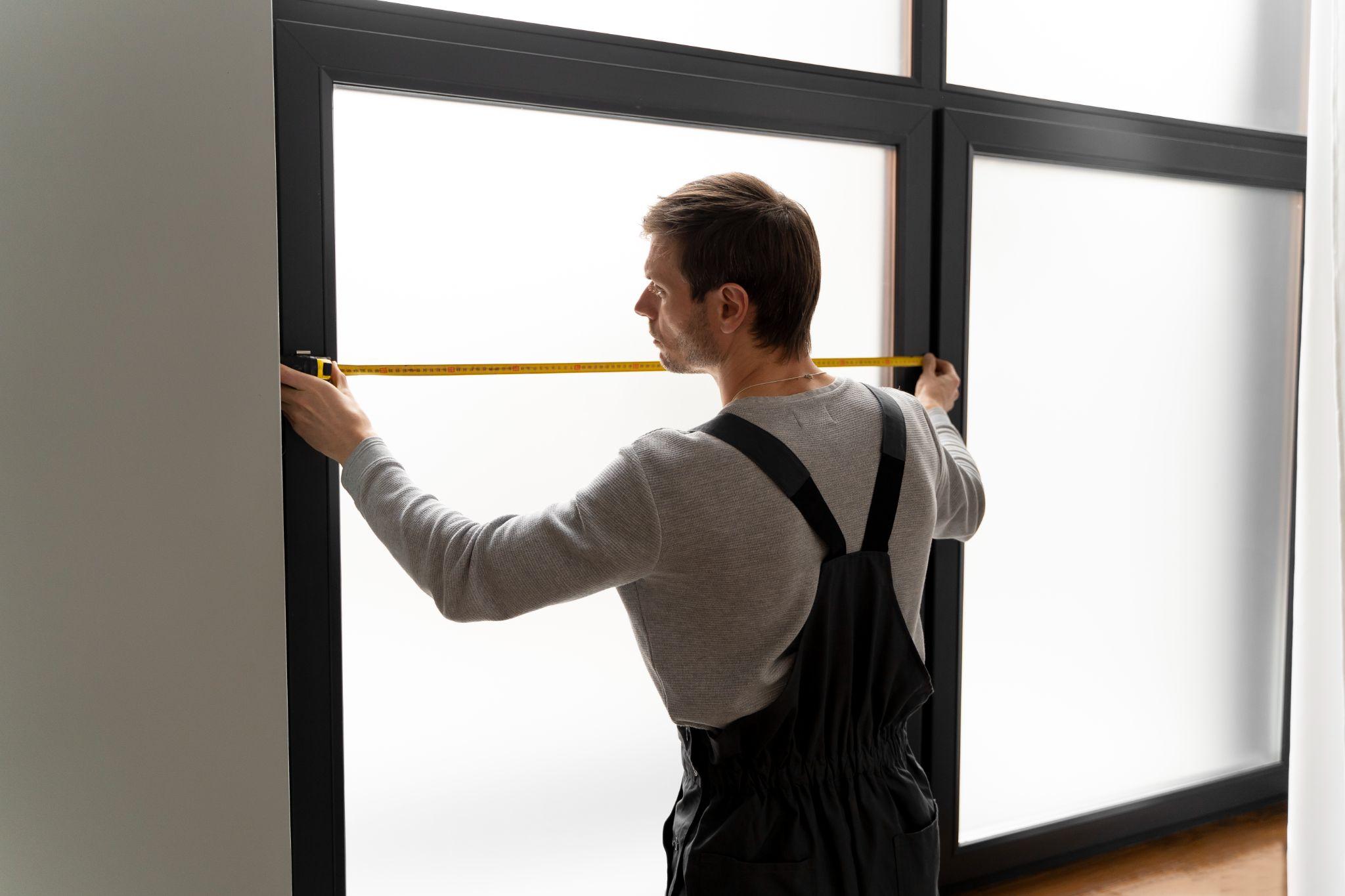If you are a product photography enthusiast or someone looking to start doing product photography, you need the best lenses to shoot with. How do you know which lenses are best for shooting product photography? With so many options, it is easy to get confused. If you are looking for answers to this question, this discussion is for you.
Choose a focal length that is longer than 50mm
The first thing to remember is that you need a focal length longer than 50mm. Shorter focal length lenses suffer from barrel distortion, severely affecting the images. A longer focal length eliminates that problem. However, remember that longer focal length lenses will suffer from a different type of distortion known as pincushion distortion.
Best aperture to shoot with
Photographers are looking to spend a considerable amount of money on fast lenses, thinking that these lenses will let a lot of light in, benefiting product photography. In product photography, lighting is more important than the lens. Lighting will determine the quality of the images. Also, a wide-open aperture affects something else – depth of field.
You cannot shoot with a wide-open aperture and hope to capture images with a large depth of field. This is because the wider the aperture, the shallower will be the depth of field. This will affect your pictures because much of the product will be out of focus. With a large aperture, you’re forced to use the stacking technique.
Instead, using a smaller aperture makes more sense. Smaller apertures ensure a larger field depth, which can ensure that much of your product images are in focus.
This is the reason some product photographers prefer to use a tilt-shift lens. With these lenses, they can manipulate the position of the plane of focus. This ensures that much of the frame and the product in focus is in focus.
Use a macro lens when you can
Macro lenses offer you a larger magnification, ensuring you can capture a much larger amount of detail. These lenses are also ideal for shooting from a closer distance and getting those beautiful close-up photos that can capture a lot of detail. With a close-up lens (or macro lens), the working distance is often small, and the magnification is life-sized. So, suppose you are shooting small products like rings, buttons, and chips or doing abstract photography of everyday items. In that case, you can shoot amazing perspectives that are impossible to be done in any other way.







